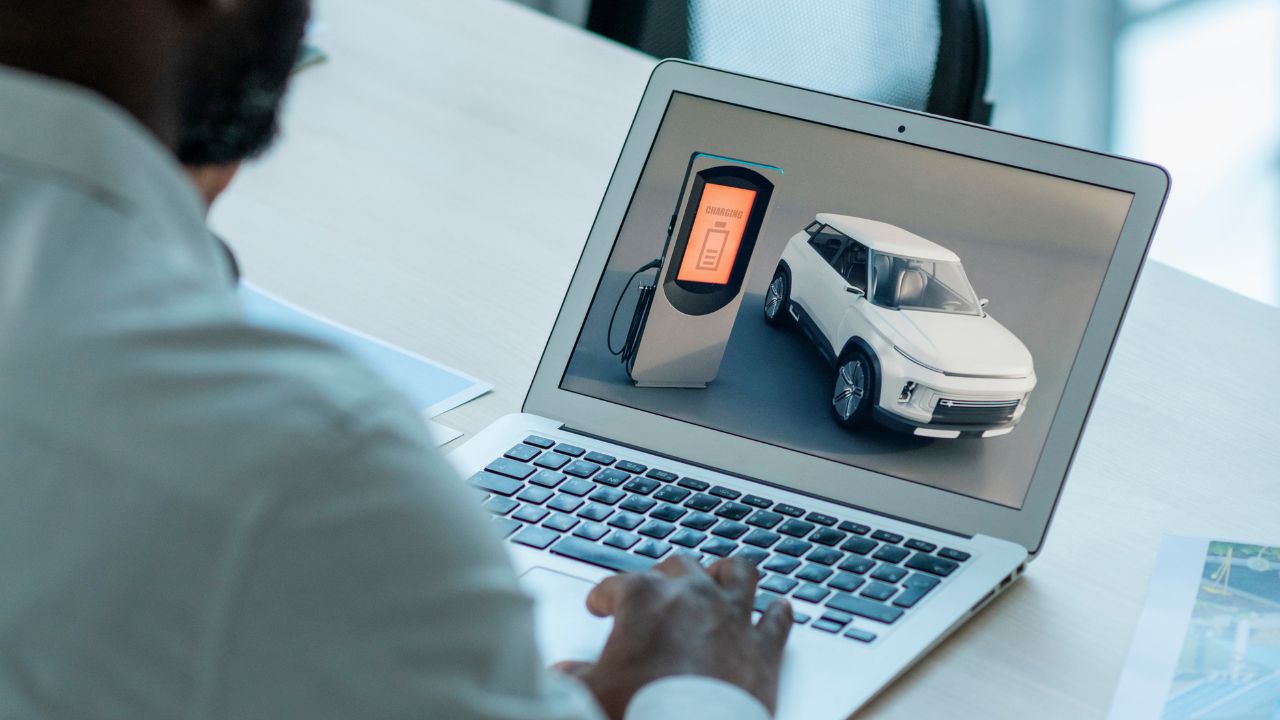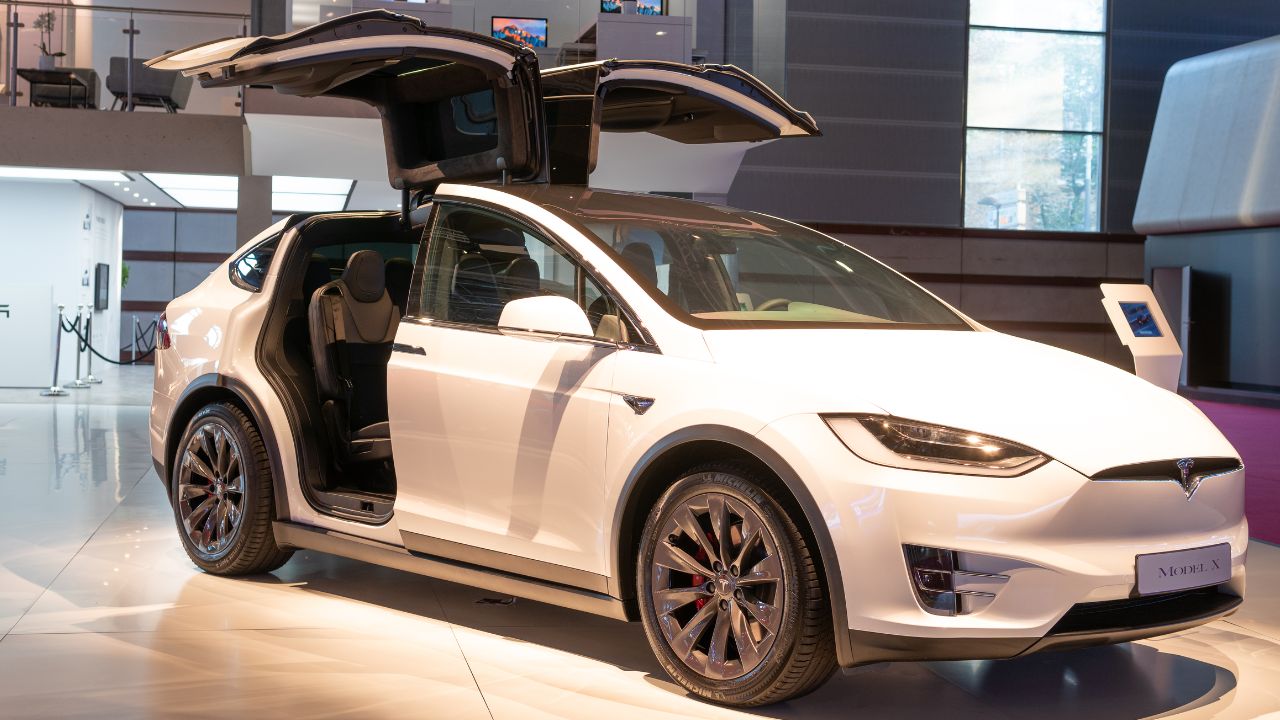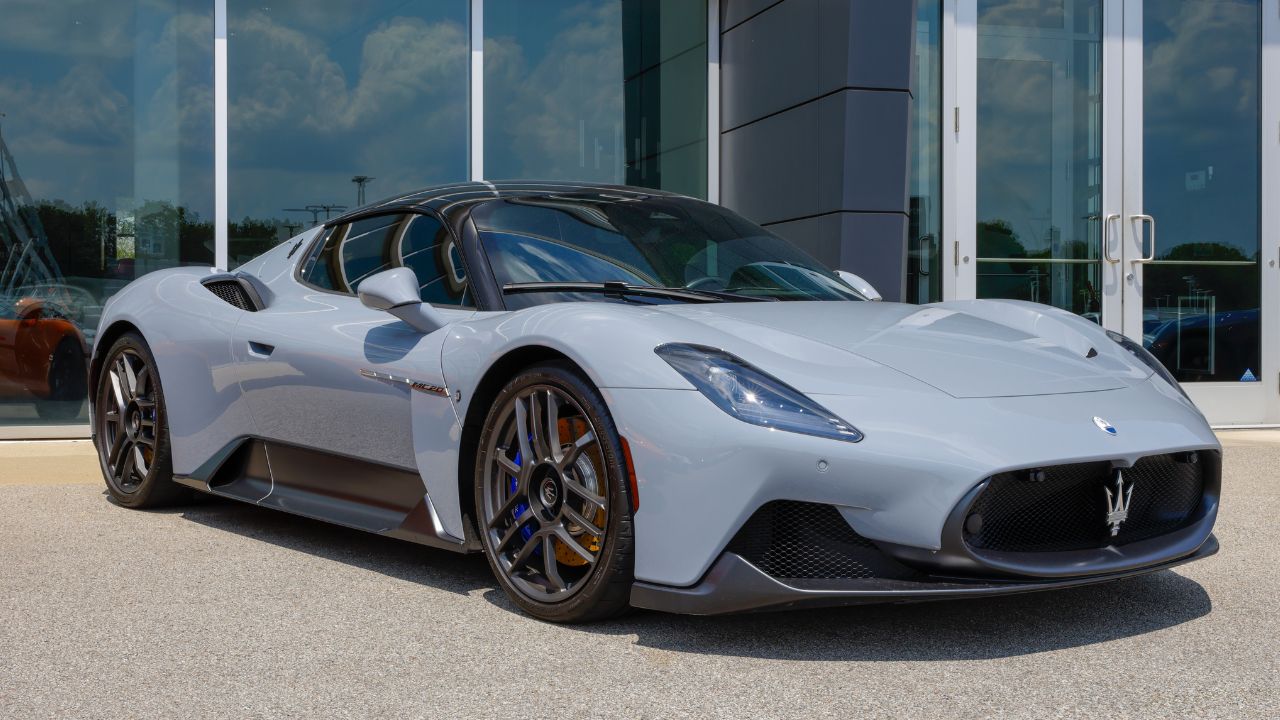Dealer franchise laws serve as a crucial framework in the automotive industry, shaping the relationship between car manufacturers and dealerships. These laws, crafted to regulate vehicle sales, play a significant role in determining how cars are distributed to consumers and how dealerships function. I will delve into the complexities of dealer franchise laws and their impact on vehicle sales.
The Evolution of Dealer Franchise Laws
Dealer franchise laws originated in the early 20th century, primarily as a protective measure for local dealerships against the potential dominance of powerful car manufacturers. During the 1920s, as the automotive industry expanded with models like the 1927 Ford Model A, states began to enact legislation ensuring that dealerships could operate with a degree of independence from manufacturers. These laws were intended to create a balanced environment where local businesses could thrive, thereby contributing to the local economy.
Over the years, dealer franchise laws have undergone numerous amendments, reflecting changes in both the automotive market and broader economic landscape. For instance, the 1950s and 1960s saw significant legislative shifts aimed at enhancing consumer protection and ensuring fair competition. More recently, the introduction of electric vehicles such as the 2021 Tesla Model 3 has prompted further discussion and adaptation of these laws. The evolution of these regulations continues to shape the automotive industry’s business models and influence the consumer experience, as they dictate how vehicles are marketed, sold, and serviced.
The Role of Dealerships in Car Sales
Dealerships play a pivotal role in the automotive industry, significantly impacting local economies. They provide employment opportunities and contribute to state and local tax revenues. For instance, a dealership selling the 2023 Toyota Camry not only generates sales tax income but also supports jobs in sales, service, and management. This economic contribution underscores the importance of maintaining a healthy dealership network to sustain local communities.
Beyond economics, dealerships enhance the consumer buying experience by offering personalized interactions and tailored services. When purchasing a vehicle like the 2022 Honda Accord, customers benefit from test drives, in-person consultations, and after-sales support that dealerships provide. However, dealerships also face challenges, such as adapting to technological advancements and managing inventory in a rapidly changing market. The emergence of online sales platforms and direct-to-consumer models presents a new set of obstacles that dealerships must navigate to remain competitive.
Contemporary Debates Surrounding Franchise Laws
The relationship between car manufacturers and dealerships is fraught with tension, as both parties vie for control and autonomy. Manufacturers like Ford, with its 2024 Mustang Mach-E, often seek to streamline their operations by reducing costs associated with traditional dealership models. This pursuit can lead to conflicts over pricing, inventory management, and service standards, as dealerships strive to maintain their independence and profitability.
Companies like Tesla have disrupted the automotive landscape by adopting direct sales models, bypassing traditional dealerships altogether. This shift has sparked debates over the relevance and fairness of existing franchise laws. In response, several states have revisited their legislative frameworks to address the challenges posed by direct sales and changing consumer preferences. For example, some jurisdictions have modified laws to allow for a limited number of direct sales by electric vehicle manufacturers, reflecting the need for a more flexible approach to dealership regulations.
Future Outlook for Dealer Franchise Laws

As the automotive industry evolves, technological advancements will play a crucial role in shaping the future of dealer franchise laws. The rise of online sales platforms and the increasing popularity of electric vehicles, exemplified by the 2025 Rivian R1T, necessitate a reevaluation of existing regulations. These innovations challenge traditional sales models, prompting lawmakers to consider new legal frameworks that accommodate emerging technologies while protecting consumer interests.
Potential reforms to dealer franchise laws may focus on modernizing regulations to align with current market realities. Proposals include allowing more flexibility in the dealership model, such as hybrid approaches that combine traditional and direct sales methods. Additionally, examining international examples of dealer franchise laws can provide valuable insights. For instance, countries like Germany have adopted different approaches that balance manufacturer control with dealership autonomy, offering lessons that could inform future U.S. policies.
Implications for Consumers and the Automotive Industry
Dealer franchise laws have a direct impact on consumers, influencing factors such as vehicle pricing, choice, and service quality. While these regulations can protect consumers by ensuring competition and preventing monopolies, they may also limit the availability of certain vehicles, such as the 2026 Nissan Ariya, in specific markets. Understanding these dynamics is essential for consumers navigating the car buying process.
The automotive industry must adapt to the changing legal and market environment to remain competitive. Manufacturers and dealerships are exploring new business models, such as subscription services and enhanced digital platforms, to meet evolving consumer demands. The long-term trends in the automotive industry will likely be shaped by the interplay between technological advancements, consumer preferences, and regulatory changes. As these forces converge, the industry will continue to evolve, driving innovation and redefining the car buying experience.
Like Fast Lane Only’s content? Be sure to follow us.
Here’s more from us:
*Created with AI assistance and editor review.






Leave a Reply